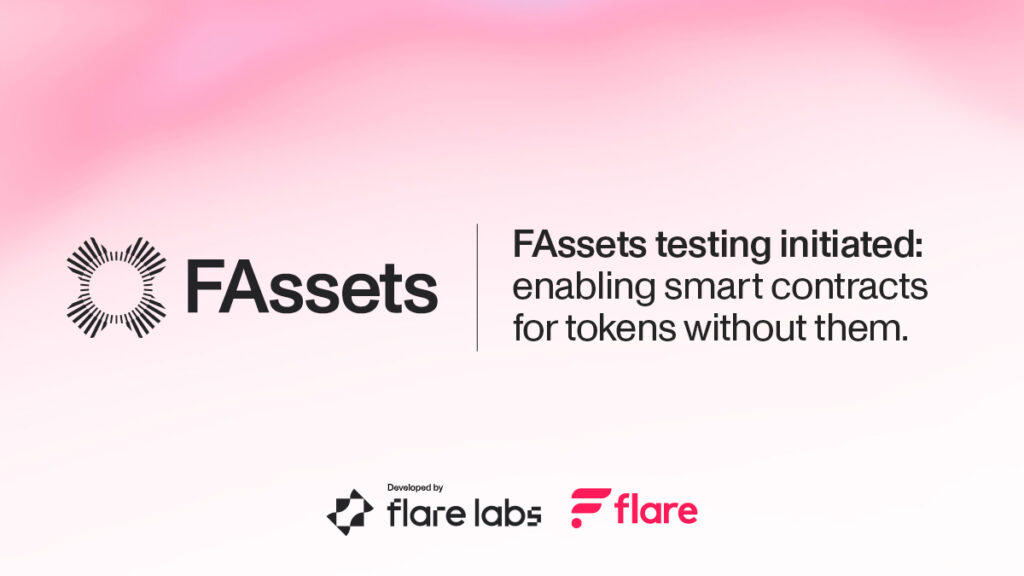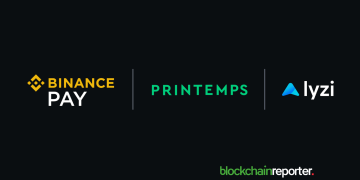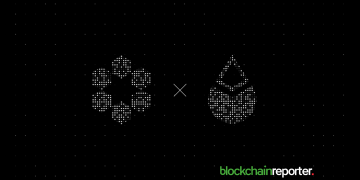In a groundbreaking development, Flare Labs, a prominent blockchain research and development company, has successfully launched a test version of FAssets on Flare’s Coston testnet. This achievement signifies a major leap forward in making smart contracts and decentralized finance (DeFi) accessible for older tokens that lack smart contract functionality.
The FAssets system introduces a revolutionary concept by allowing non-smart contract tokens like BTC, XRP, and DOGE to be utilized seamlessly with smart contracts on the Flare network. Through the process of minting these non-smart contract tokens into FAssets, users can unlock the potential to earn yields or rewards within decentralized applications on the Flare platform. Additionally, once integrated into Flare, FAssets can be seamlessly bridged to other networks, enhancing interoperability in the blockchain space.
Hugo Philion, the CEO of Flare Labs, emphasizes the significance of this development, stating, “More than 70% of the total value of all blockchain assets do not have smart contracts and therefore can’t be efficiently deployed in DeFi. FAssets are formally a Delta neutral synthetic with multi collateral backing. They enable these legacy assets to be represented on a smart contract chain without requiring a centralized third party.”
Philion also explained that the FAssets system provides developers with a new and trustless method to access a broader user base and tap into previously untapped value. This opens up possibilities for the utilization of a vast array of assets in the decentralized finance space, contributing to the overall growth and inclusivity of the blockchain ecosystem.
Unlocking the Future with FAssets
The initial private Beta testing of the FAssets system is underway on Flare’s Coston testnet, with subsequent implementation planned on the Songbird canary network before the official launch on the Flare mainnet. The Beta phase encompasses comprehensive testing of all major components, with Flare Labs and initial partners taking on various roles and providing the necessary infrastructure.

During the Beta test, participants will simulate market volatility to assess the system’s robustness under stress. External participants are expected to join as the Beta progresses, ensuring a diverse range of perspectives and real-world testing scenarios. Upon the official launch of FAssets on the Flare mainnet, users and decentralized applications (dApps) will not only be able to earn DeFi yields but will also have the opportunity to earn FLR tokens from the cross-chain incentive pool.
This incentivizes users and dApps to contribute sustainable value to the Flare ecosystem. For more in-depth information, you can gain valuable insights by viewing this explainer video on FAssets, unraveling the innovative features and transformative potential they introduce to non-smart contract tokens in the blockchain ecosystem.
Flare Labs, renowned for researching and developing software to enhance decentralized systems, is the driving force behind the software powering the Flare and Songbird blockchains. This software has been licensed to the Flare Foundation, solidifying Flare’s position as a leading blockchain for data – an Ethereum Virtual Machine (EVM) smart contract platform that broadens the utility of blockchain technology.
The State Connector, a key component of the Flare ecosystem, achieves consensus on event information from external blockchains and Web2 APIs. This enables its trustless integration into smart contracts on Flare. Additionally, the Flare Time Series Oracle delivers highly decentralized price and data feeds to dApps on Flare without relying on centralized providers.
With the integration of FAssets, Flare Labs not only addresses the limitations of non-smart contract tokens but also opens doors for more inclusive and diverse participation in decentralized finance. This pioneering step aligns with Flare Labs’ commitment to fostering innovation and pushing the boundaries of blockchain technology, ultimately paving the way for a more interconnected and robust decentralized ecosystem.























